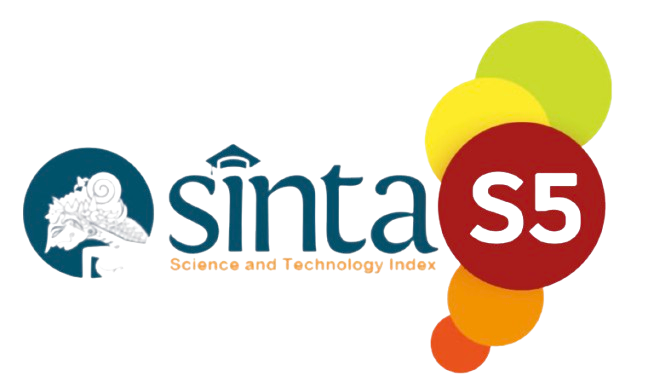The Effect of Mindfulness-Based Counseling on Anxiety Management in Lecturers
DOI:
https://doi.org/10.52217/ijlhe.v8i1.1708Keywords:
Anxiety, Counseling, Higher Education, Lecturers, MindfulnessAbstract
Lecturers often face significant mental health challenges, with anxiety emerging as one of the most prevalent issues within academic settings. Factors such as excessive workloads, research obligations, and administrative responsibilities frequently contribute to elevated anxiety levels. Among various therapeutic interventions, mindfulness-based counseling has demonstrated efficacy in alleviating anxiety symptoms. This study investigates the impact of mindfulness-based counseling on anxiety management among university lecturers. Adopting a quantitative experimental design, the research involved 50 lecturers from multiple universities in West Sumatra. The findings reveal that mindfulness-based counseling leads to a statistically significant reduction in anxiety levels. These results underscore the potential of mindfulness-based interventions as an effective method for enhancing the psychological well-being of lecturers. The intervention yielded an average reduction of approximately 12 points in HAM-A scores, affirming its therapeutic value. The integration of mindfulness-based counseling in academic institutions may not only improve lecturers’ mental health but also enhance the overall quality of teaching they deliver.
References
Brown, A. P., Marquis, A., & Guiffrida, D. A. (2013). Mindfulness‐Based Interventions in Counseling. Journal of Counseling & Development, 91(1), 96–104. https://doi.org/10.1002/j.1556-6676.2013.00077.x
Creswell, J. W. (2012). Educational research: Planning, conducting and evaluating quantitative and qualitative research. Pearson Education.
Dhanuputra, J., Yunus, Moch., & Puspitasari, S. T. (2022). Hubungan Antara Beban Kerja dengan Stres Kerja pada Dosen Universitas X di Masa Pandemi Covid-19. Sport Science and Health, 4(3), 229–237. https://doi.org/10.17977/um062v4i32022p229-237
Dong, S., Miles, L., Abell, N., & Martinez, J. (2018). Development of Professional Identity for Counseling Professionals: A Mindfulness-Based Perspective. International Journal for the Advancement of Counselling, 40(4), 469–480. https://doi.org/10.1007/s10447-018-9338-y
Fulton, C. L., & Cashwell, C. S. (2015). Mindfulness‐Based Awareness and Compassion: Predictors of Counselor Empathy and Anxiety. Counselor Education and Supervision, 54(2), 122–133. https://doi.org/10.1002/ceas.12009
Javed, I., & Akhter, N. (2024). Exploring the Opportunities and Challenges of Additional Academic Duties on the Performance of Teachers in schools. Journal of Excellence in Social Sciences, 3(2), 203–220. https://doi.org/10.69565/jess.v3i2.361
Napida, M., Farhan, M., Istiara, F., & Hastomo, T. (2024). Innovative Approaches: Integrating Technology into English Language Teaching and Curriculum Design. Lexeme : Journal Of Linguistics and Applied Linguistics, 6(2), 79–86. https://openjournal.unpam.ac.id/index.php/LJLAL/article/view/41542
Nurchurifiani, E., Maximilian, A., Ajeng, G. D., Wiratno, P., Hastomo, T., & Wicaksono, A. (2025). Leveraging AI-Powered Tools in Academic Writing and Research: Insights from English Faculty Members in Indonesia. International Journal of Information and Education Technology, 15(2), 312–322. https://doi.org/10.18178/ijiet.2025.15.2.2244
Ridwan, R., Suwarsi, S., & Alamsyah, I. F. (2024). Pengaruh Beban Kerja terhadap Kesehatan Mental Dampaknya pada Produktivitas Dosen. Bandung Conference Series: Business and Management, 4(1), 204–212. https://doi.org/10.29313/bcsbm.v4i1.10508
Roehr, B. (2013). American Psychiatric Association explains DSM-5. BMJ, 346(jun06 1), f3591–f3591. https://doi.org/10.1136/bmj.f3591
Sugiyono. (2009). Metode Penelitian Bisnis (Pendekatan Kuantitatif, Kualitatif, dan R&D). Alfabeta.














